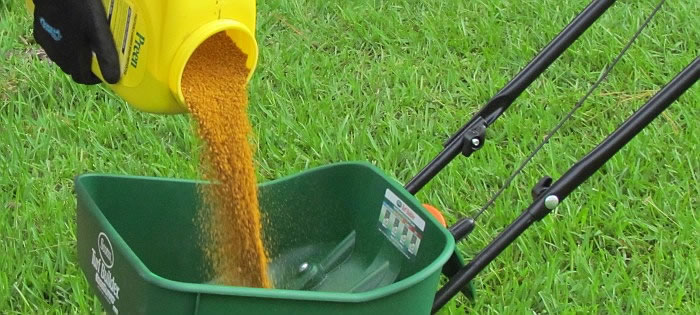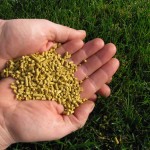I have been reading tons of information from the net lately relating to problems occurring from pesticides. There have been deaths, thousands of illnesses, and plant/tree/vegetation death. Canada has recently banned the use of certain pesticides as well.
Each year in the U.S, more than 110,000 pesticide poisoning are reported by poison control centers.
Combine those calls with the roughly 23,000 emergency room visits each year for the same reason – and you start to see a problem.
Pesticide applications have been linked to massive honey bee deaths
Researches in the United State are looking at what impact pesticides currently have on bee populations, trying to Resurrection the country’s apiary industry.
I have also read lately that there is concern pesticide applications may be causing tree death, and plant issues in the United States.
While pesticide applications are a highly demanded product – and the profit, well as consumers, you probably don’t want to know – we don’t apply them. We don’t want to apply them. If you do desire a pesticide application – we urge you, please find a professional. Do some research, make sure they have the proper certifications – and check which kind of pesticides they are spraying. Pesticides are dangerous, and extremely environmentally unfriendly.


